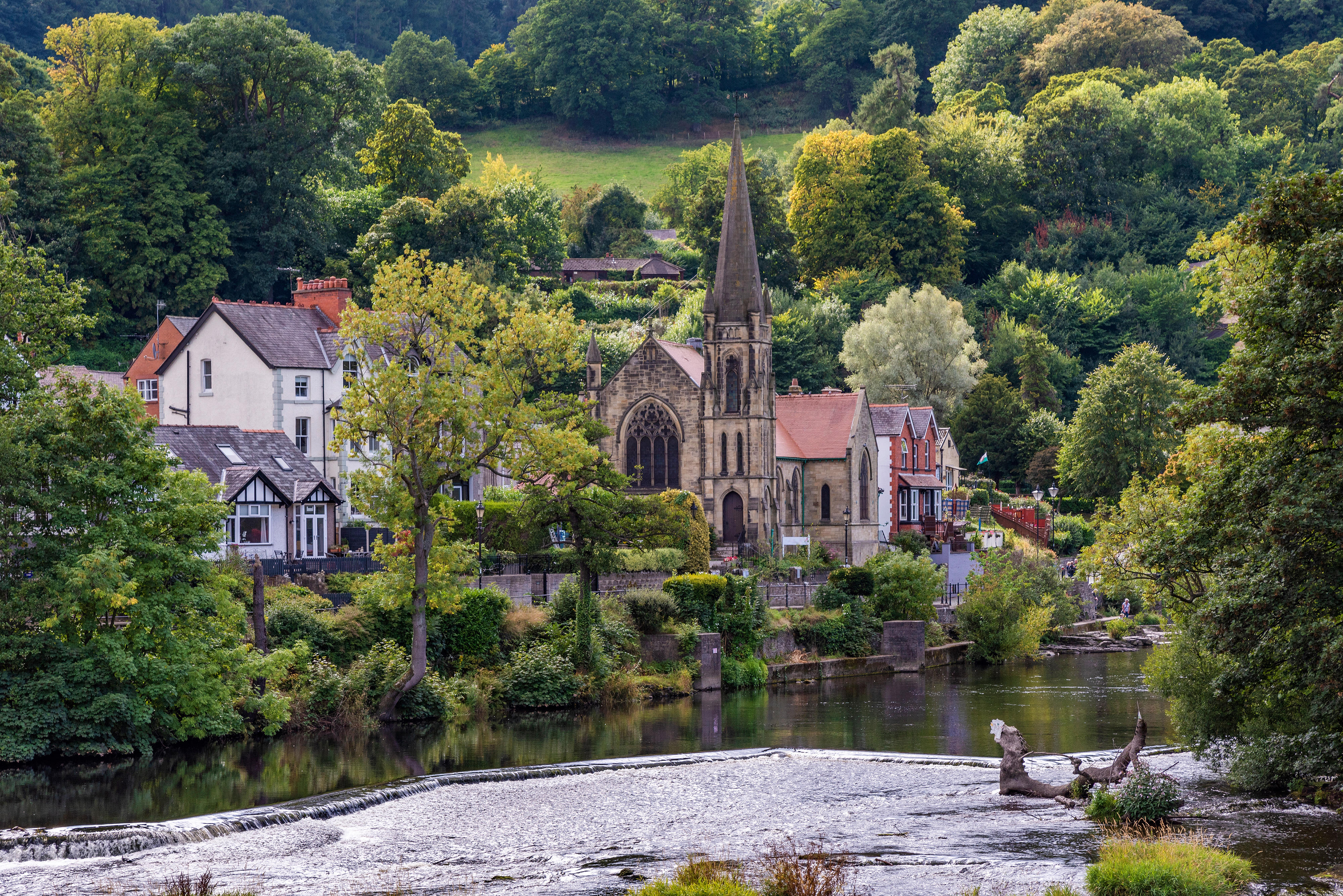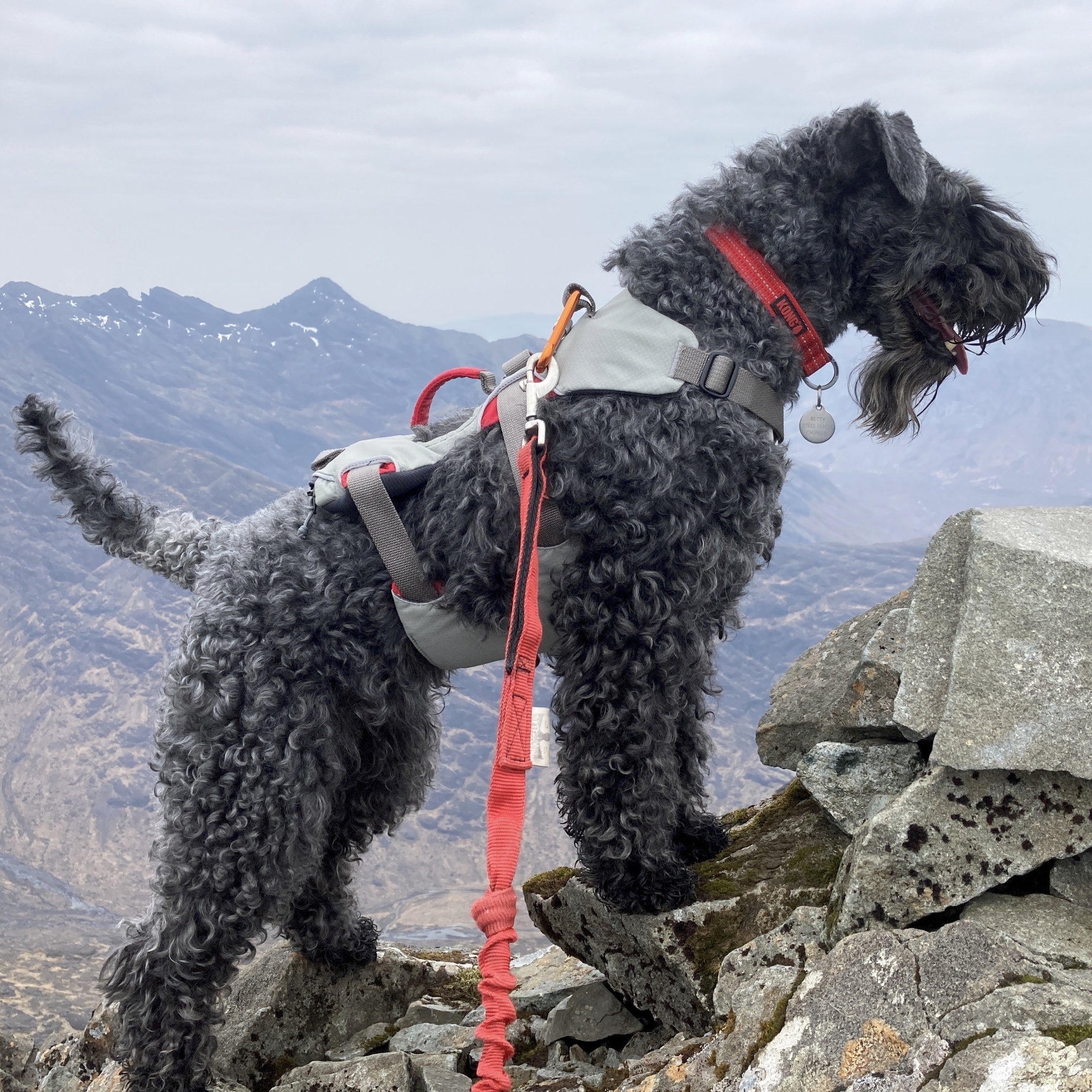Spectator - Carla Carlisle
When the Environment Agency warns that we are experiencing the worst drought in a century and yet the ground around Carla Carlisle's farm in Suffolk is sodden, she reflects that there are two sides to every story


In the early days of my marriage, when I was busily tucking away decades of Carlisle family clutter in order to make room for some of my own, one object was given a reprieve: a small just over 3in alligator with a black baby in his mouth. I say alligator because crocodiles are a light olive brown and alligators are dark, blackish. Alligators also have a wider snout, all the better to chomp turtles a staple of their diet with, but the crocodile's snout is designed for fish and mammals. Anyhow, I kept the alligator because he reminded me of Mississippi alligators and because he had mesmerised several generations of Carlisle children.
Nowadays, children might be even more terrified, especially this week with three fatal alligator attacks in Florida in six days. Tempting as it is to blame this new murderous zeal on video games and George W. Bush, I reluctantly accept that there are two sides to every story and the verdict of scientists might be more reasonable. They point to a trio of causes: the eternal havoc of the mating season, the lunacy and greed of property developers who now build houses around every river, canal and pond, and the drought which keeps pushing the alligators further and further inland.
On the same day that the Florida alligators were on the news, the Environment Agency announced that Britain is facing the worst drought in a century. There are two sides to this story, too. The ground here is sodden. We have had three inches of rain in May, and walking the dogs up to Lake Bofus calls for wellies. The wetland in front of the lake Swamp Bofus looks like a shallow watering hole where an alligator would feel right at home. True, the Farmers Guardian called the long awaited rain 'pennies from heaven' and it came after the driest winter we've had in years.
My husband could be more specific: records of rainfall have been kept on this farm since 1951, and, like Sir Walter Eliot in Persuasion, who pours over the Baronetage, my husband pours over the Rainfall Records, finding occupation for an idle hour, consolation in a distressed one, because, in this meticulous record, there is no trend. No traceable pattern pointing towards doom for the farm, the country, the planet.
Which is not to say that we aren't doom-laden here in the country. When our friend Fred's three hens died last week, we scarcely dared breathe until the poultry vet had completed the autopsy (it was death by rat poison put out by the builders). The late payment of the single farm payments has made us all irritable and snappish. And now we are waiting nervously to hear if we've got the go ahead to build the reservoir that, designed to be filled with field drainage in the winter, would be the life blood or life water of this farm.
Meanwhile, I'm bucking and snorting about the water companies, derelict crocodiles who should be spent giving customers advice on how to save water. Like this little nugget: NEVER place a brick in the cistern, just fill up a plastic bottle of water and carefully place it inside the cistern. You'll save thousands of gallons a year.
These days, I'm more spiritual than prayerful, but frankly, I feel a prayer coming every time I think about the alligators in Florida. There is nothing to be grateful for in a drought, but I find comfort in the knowledge that alligators aren't making their way towards our ponds and lakes. As for the alligator on the mantlepiece, the one holding the baby in its mouth, my father-in-law also provided comfort for the sensitive child: 'Honey, that alligator isn't going to eat the baby. He's saving it from drowning'.
Sign up for the Country Life Newsletter
Exquisite houses, the beauty of Nature, and how to get the most from your life, straight to your inbox.
This article first appeared in Country Life magazine on May 25, 2006.
Country Life is unlike any other magazine: the only glossy weekly on the newsstand and the only magazine that has been guest-edited by HRH The King not once, but twice. It is a celebration of modern rural life and all its diverse joys and pleasures — that was first published in Queen Victoria's Diamond Jubilee year. Our eclectic mixture of witty and informative content — from the most up-to-date property news and commentary and a coveted glimpse inside some of the UK's best houses and gardens, to gardening, the arts and interior design, written by experts in their field — still cannot be found in print or online, anywhere else.
-
 About time: The fastest and slowest moving housing markets revealed
About time: The fastest and slowest moving housing markets revealedNew research by Zoopla has shown where it's easy to sell and where it will take quite a while to find a buyer.
By Annabel Dixon
-
 Betty is the first dog to scale all of Scotland’s hundreds of mountains and hills
Betty is the first dog to scale all of Scotland’s hundreds of mountains and hillsFewer than 100 people have ever completed Betty's ‘full house’ of Scottish summits — and she was fuelled by more than 800 hard boiled eggs.
By Annunciata Elwes